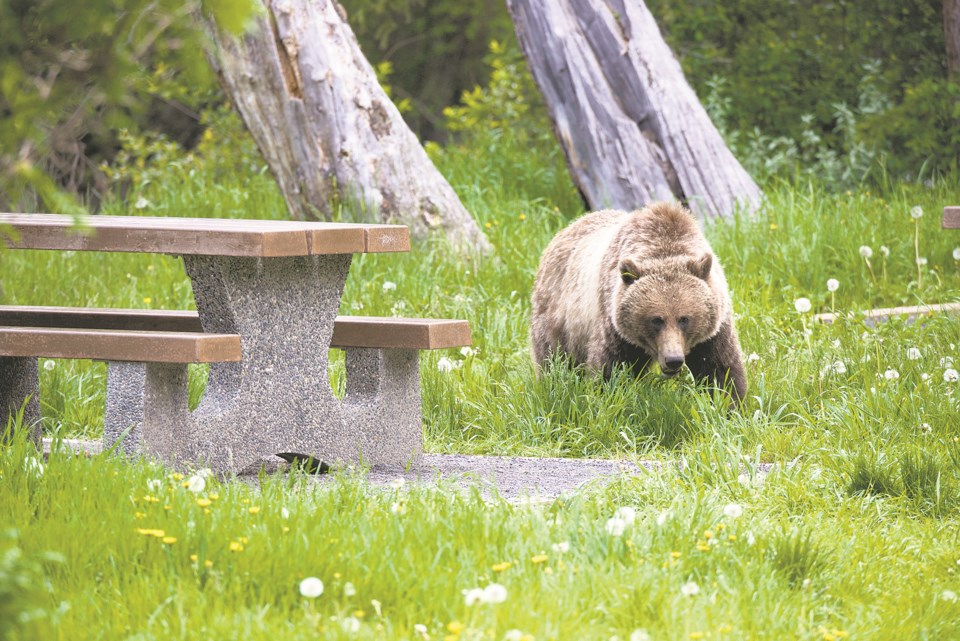As spring rapidly returns to the Sea to Sky, the number of reported sightings of wildlife increases across the region, from cougars in the Birken area to grizzly bears on Highway 99 and even right in Whistler. Knowing what to do and how to react when faced with wild animals is crucial to keeping wildlife wild.
To that end, the Squamish-Lillooet Regional District (SLRD) is once again partnering with WildSafeBC to deliver outreach and educational programs across the regional district, helping to teach the public how to handle critter encounters in the region.
“We’re pleased to be able to work with WildSafeBC to offer this important educational program in the SLRD,” Area C Director Russell Mack said in a release. “Consistency is important. We’ve been working with WildSafeBC to run this program in the SLRD for several years now, and we have gained a lot of momentum. It’s important to continue with that work.”
Elise Pullar is taking the reins as the region's WildSafe coordinator. From now until November, Pullar will deliver various programs in SLRD communities, including bear-spray workshops, an electric fence cost-share program, wildlife awareness and safety presentations and various public outreach activities.
“Most wildlife conflicts can be avoided,” Pullar said in the release. “The actions we take in our communities have an impact on wildlife in the region. Education and outreach programs like WildSafeBC help to remind all of us of the steps we can take to eliminate human-wildlife conflicts and keep us all safe.”
The SLRD also reminds residents to do their part to help reduce wildlife-human conflicts by following the regional district’s Wildlife Attractant bylaws and storing waste in proper enclosures and wildlife-resistant containers.
The regional district recommends reporting any human-wildlife conflicts to the Conservation Officer Service at 1-877-952-7277 and any sightings of bears, cougars, coyotes or wolves in urban areas. The reports are uploaded daily to the WildSafeBC Wildlife Alert Reporting Program (WARP) at wildsafebc.com/warp.



